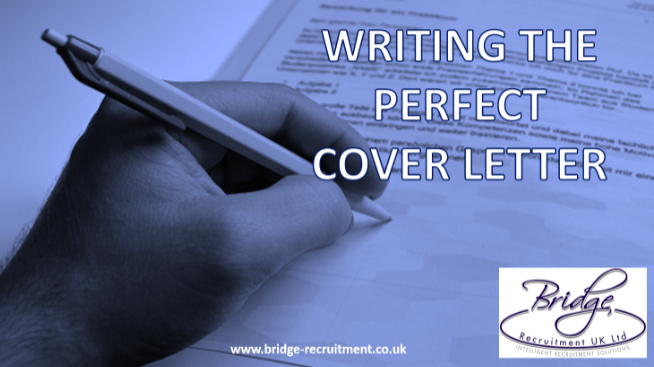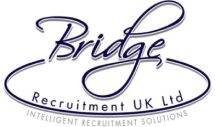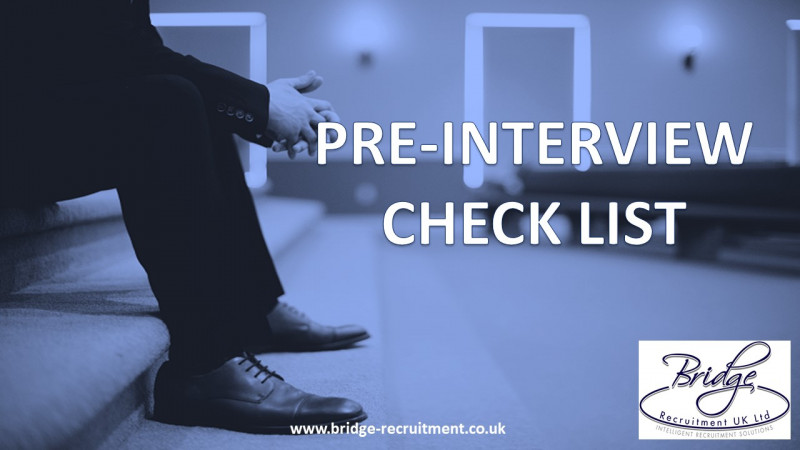
How to Write the Perfect Cover Letter
Every time you sit down to write a cover letter, you will probably be thinking, is this really required? Am I wasting my time? Wouldn’t it be easier to just let my CV speak for itself?
The answer is No! Cover letters do get read and for some companies, cover letters are the most important part of a job application. Yes, it would be easier to just send off your CV but by leaving this out you will completely miss the opportunity to show your potential employer how amazing you are, and miss the opportunity to showcase why they should hire you. You spend ages writing out your CV and having a supportive Cover letter will make you stand out from the Crowd!
When writing your CV, your personal information is compact and mostly bullet pointed. On a Cover letter, you get the opportunity to add why you believe that you are the best candidate for the position and what experience you have that will help towards them picking you over all the other candidates. You also get the chance to link together your academic background with previous experience in other jobs, as well as other factors which you may not have been able to fit in on your CV. You can also explain your current employment status or reasons for having left your previous job. This will massively help and support your application when forwarding your CV.
Do your Research
Before you begin writing your cover letter, you need to research. It is a crucial part of many aspects of job hunting.
The important things you should research before writing are:
- Who to address the Cover letter too. You don’t want to make it look generic. So finding out the Company Directors name or the company name will be a great start.
- Think about what skills and experience is required for the post and try and link your skills and experience to this.
- Research the company (Online is always a good start) and find positive factors as to why you are keen to work with them – it shows that you are keen!
- The organisation’s aims for 2020 and beyond and think of how you can help assist them getting to where they want to be.
Building up a good knowledge of the company and industry helps you to tailor your cover letter for each company you apply to, and shows your passion for the job and sector.
Here is an example of a Cover letter for guidance:
Your Contact Information
Name
Address
City, Postcode
Phone Number
Email Address
Date
Employer Contact Information (if you have it)
Name
Company
Address
City, Postcode
Dear Mr./Ms. Last Name,
Cover Letter Greeting Example: Please note If you do not have a contact name, you can skip this section. Ideally, you will be able to address your cover letter to a specific person. Doing the research can help you figure out who is the most appropriate person to receive the letter. If you do not know the gender of your contact, you can write out the person’s full name, i.e. “Dear John Smith”
Body of Cover Letter
The body of your cover letter lets the employer know what position you are applying for, why the employer should select you for an interview, organise the body of your cover letter into the following paragraphs:
- First Paragraph
The first paragraph of your letter should include information on why you are writing. Mention the position you are applying for and where you found the job listing. Include the name of a mutual contact, (only if you have one!) - Middle Paragraph(s)
The next section of your cover letter can describe what you have to offer the employer. Mention specifically how your qualifications match the job you are applying for. Think of this section of the cover letter as where you’re making a pitch to the employer and show what makes you a great candidate. You want to stand out from everyone else applying for the same position. - Make sure that you get the message across the connection between your qualifications and the job requirements clearly.
- Final Paragraph
Conclude your cover letter by thanking the employer for considering you for the position.
Complimentary Close
Respectfully yours,
The benefits of a covering letter are more than being able to present and explain yourself to a great extent, as writing a cover letter is also considered “going the extra mile”. Sending a personalised cover letter to a company, you show your dedication and willingness before you even start the job. Within the letter, you can demonstrate knowledge on the company, the job position and share ideals and goals which you feel make you strong candidate.
Contact Bridge Recruitment if you need help or advise on any of the details to help support your application.



